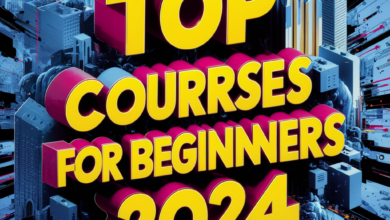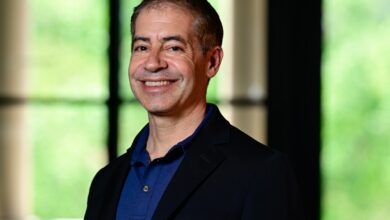Artificial Intelligence and wisdom of heart – Matters India

By Maria Rekha
Panaji, May 13, 2024: Pope John Paul II, in his message for the World Day of Social Communications, envisioned the media as a powerful tool for promoting peace and understanding. He saw its potential to bridge cultural divides and foster empathy across borders. Today, in a world dominated by technology, this vision remains as relevant as ever.
‘Artificial Intelligence and Wisdom of the Heart: towards a fully human communication’ is the theme for 58th World Day of Social Communication. Wisdom of the heart is the virtue that allows us to integrate all aspects of our existence—the whole and its parts, our decisions and their consequences, our nobility and vulnerability. It bridges our individuality with our membership in a larger community. This wisdom anticipates those who desire it and seeks out those who are worthy of it (Wisdom 6:12-16).
The rapid spread of innovations, often beyond our full understanding, excites and disorients us. Today, the world is at our fingertips. Communication is faster and more accessible than ever before. Yet, with this ease of connection comes a new challenge: what message are we sending?
The paradox of the modern media landscape is undeniable. The very tools that connect us can also serve to divide. Digital platforms can become breeding grounds for hate speech, violence, and negativity. They exploit our vulnerabilities, feeding us a steady stream of instant gratification and manufactured outrage. In this whirlwind, critical thinking takes a backseat, replaced by a mindless scroll through a curated reality.
The consequence? We risk becoming slaves to our devices, strangers not just to our neighbors but to those closest to us. Family dinners become silent battlegrounds for our attention, stolen by the glow of our phones. Conversations lose depth, replaced by fleeting interactions on social media. In this constant pursuit of external validation and fleeting highs, we neglect the very values that define our humanity: compassion, empathy, and genuine connection.
However, to paint the media solely as a villain is to miss a crucial part of the story. It remains a powerful tool for positive change. Documentaries can expose injustices and inspire action. Educational platforms can empower individuals with knowledge. Social media movements can amplify marginalized voices and foster solidarity. The potential for fostering understanding and promoting human values is ever-present.
We must become discerning consumers of information, critically evaluating the content we engage with. It is time to move beyond the echo chambers of negativity and seek out diverse perspectives. We need to support media that uplifts and informs, that celebrates human connection and fosters empathy. But the responsibility extends beyond individual choices. Media platforms have an ethical obligation to create safe spaces for constructive discourse. They must implement stricter measures to curb the spread of hate speech and misinformation.
Perhaps, as Pope Francis suggests in the theme for World Communication Day 2024, the answer lies in striking a balance between artificial intelligence and the wisdom of the heart. Technology can be a powerful tool for connection, but it should never replace the human touch. We must harness its potential to amplify our inherent capacity for compassion and understanding.
Ultimately, the fight for human values in the age of technology is not a battle against progress. It is a call to use our tools responsibly, to prioritize genuine connection over fleeting validation, and to remember the core values that bind us together. It is about reclaiming our humanity in a world increasingly dominated by machines. It is about ensuring that technology serves our needs, not the other way around. Let us choose to be conscious participants, fostering a future where technology empowers our humanity, not diminishes it.



